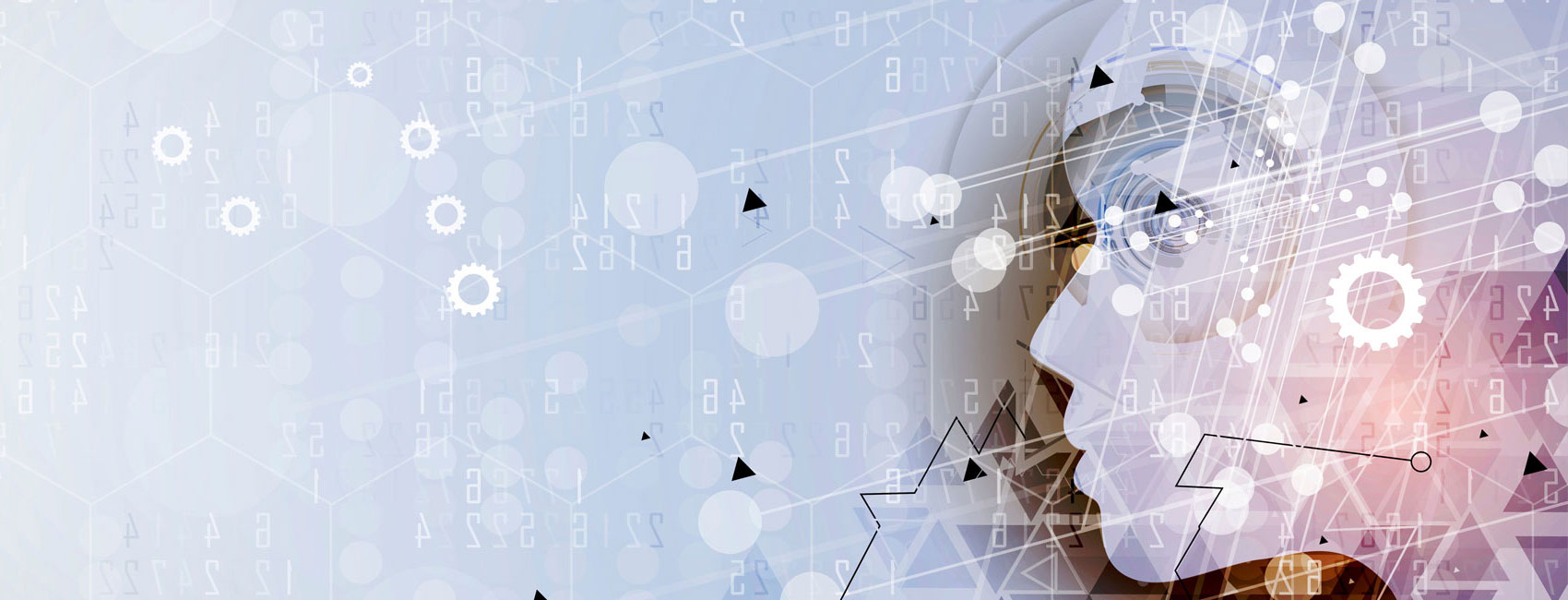Experimental and Behavioural Economics

Experimental and Behavioural Economics
The Experimental and Behavioural Economics Research Group (EBERG) draws its membership from economists based at the Economics Department at Warwick who work in the fields of Experimental Economics, Behavioural Economics and/or Subjective Wellbeing (“Happiness Economics”). Experimental methods are used in many fields of economics, including behavioural economics, public economics, labour economics, political economy, game theory, and financial economics. Behavioural economics is an attempt to understand decision-making in the context of the many psychological, cognitive and emotional factors that influence behaviour. Behavioural economists typically build on traditional economic models with insights from psychology or neuroscience. Since behavioural economics concerns the underlying motivations for behaviour it can be hard (though not impossible) to find data to support or develop behavioural theories without the use of experimental methods which explains the close relationship between the two fields.
Experimental and behavioural research are fundamentally interdisciplinary and this is reflected in the fact that the group is linked to other similar groups across the University of Warwick and beyond. DR@W is the overarching interdisciplinary group of all behavioural scientists in Warwick which, together with EBERG, also takes members from the Behavioural Science Group at Warwick Business School and behavioural and experimental psychologists based in the Psychology Department, and hosts a weekly seminar, the DR@W Forum. Many members of EBERG are also affiliated with Bridges, an interdisciplinary centre that includes behavioural and experimental work in its remit that also hosts regular seminars and workshops. Behaviour, Brain and Society is one of the University of Warwick’s global research priorities (GRPs) and the co-ordinator of EBERG sits on the board of the GRP. Several group members are actively involved in the ESRC CAGE centre. Theme 3 of CAGE is led by the co-ordinator of EBERG and has a special focus on subjective wellbeing.
People
Academics
Academics associated with the Reseach Group Name research group are:
Events
DR@W Forum - Hybrid Session: Neil Thakral (Brown)
This paper presents a theory of intertemporal choice based on utility from anticipation of future consumption. Following psychological and neural evidence, the model posits that decision makers (i) initially focus on the most tempting alternative in their choice set, and (ii) experience gain-loss utility from looking forward to future consumption. In the model, when evaluating a consumption stream, the decision maker chooses a level of anticipation each period, and anticipatory utility exhibits reference dependence with respect to the decision maker’s previous level of anticipation. The model provides an account for a large collection of existing empirical and experimental evidence on intertemporal choice as well as makes new predictions. First, the model implies empirical patterns such as declining discount rates, the magnitude effect, the sign effect, and the delay-speedup asymmetry. Second, it provides an explanation for why choice-based methods for eliciting discount rates lead to larger estimates than matching-based methods. Third, it predicts a relationship between small-scale risk aversion and various patterns of intertemporal choice. Finally, it provides precise conditions for the presence of two phenomena where existing evidence has been mixed: when decision makers would prefer increasing or decreasing sequences of consumption outcomes, and when discount rates exhibit subadditivity.
Meeting ID: 959 8872 5720
Passcode: 555918

